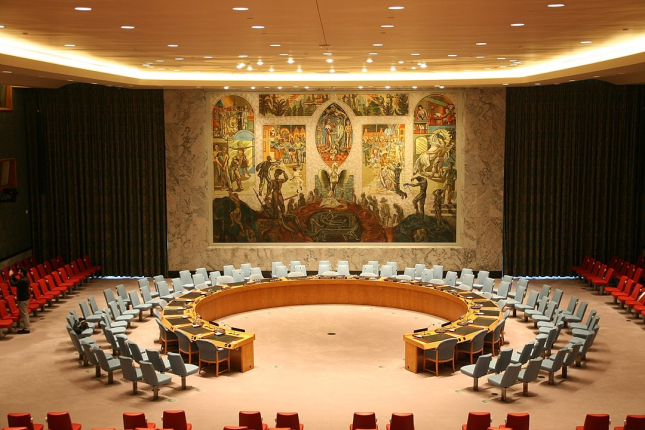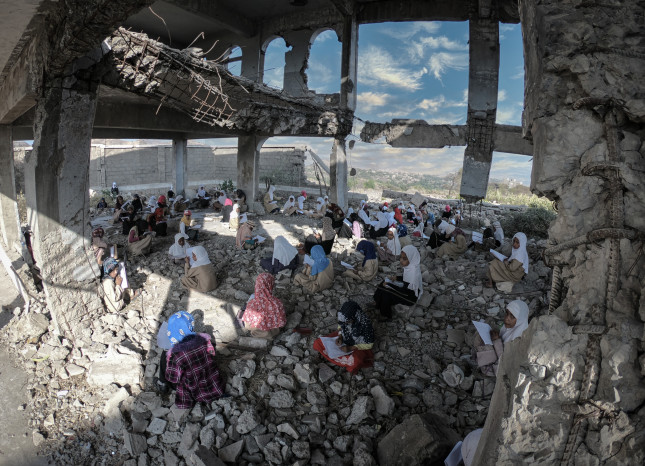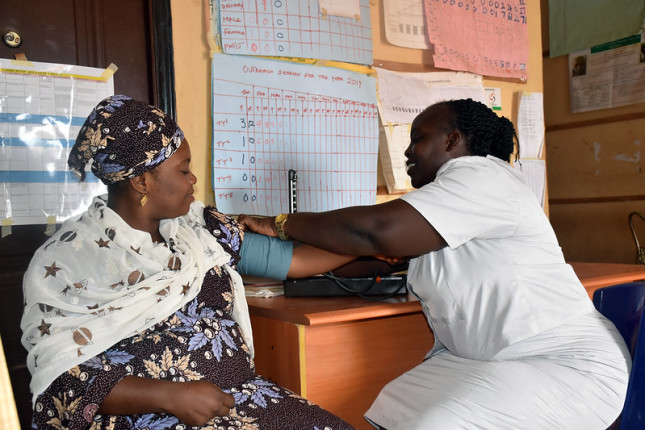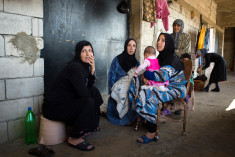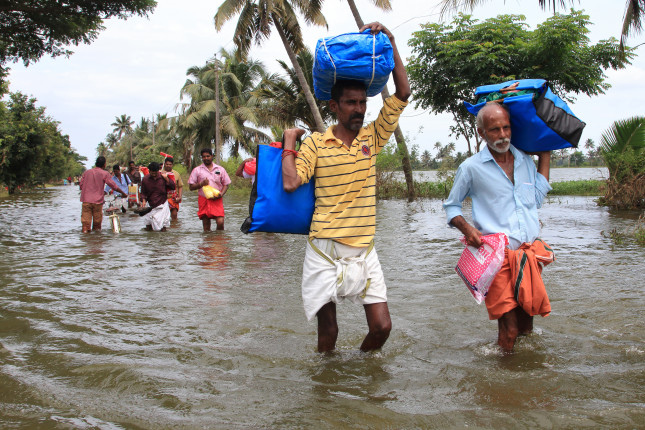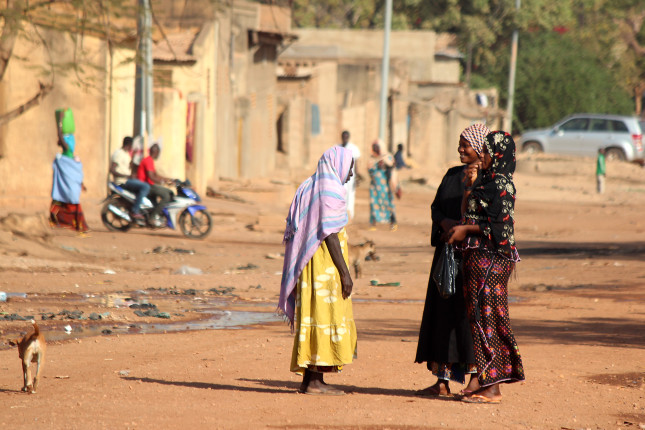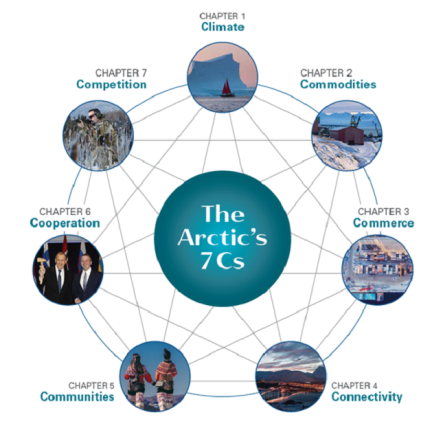-
Through the COVID-19 Lens: Essential Services Needed to Prevent Unintended Pregnancies
›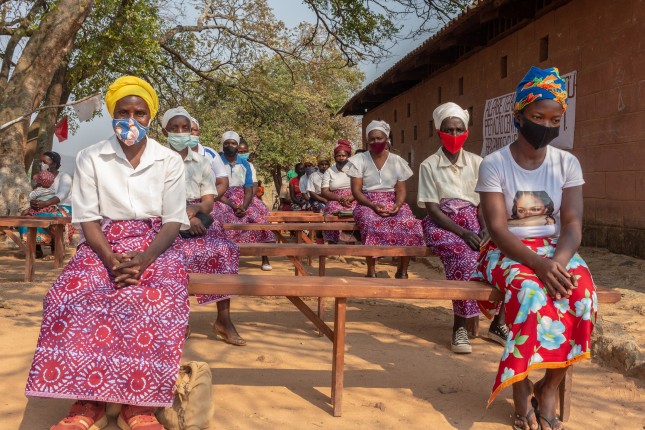
“The current pandemic is straining human resources, disrupting supply chains and service delivery, and negatively impacting service seeking among women and girls in countries across the globe,” said Sarah Barnes, Project Director of the Wilson Center’s Maternal Health Initiative. She spoke at a recent event, co-hosted by the UN Population Fund (UNFPA), on unintended pregnancies during the COVID-19 pandemic. The increasing rates of unintended pregnancies during the pandemic have exacerbated the vulnerabilities of many women, said Anneka Knutsson, Chief of the Sexual and Reproductive Health Branch at UNFPA.
-
Russia’s ‘Nyet’ Does Not Mean Climate Security Is off the Security Council Agenda
›
On Monday, 13 December, Russia used its veto in the United Nations Security Council to block a thematic resolution on climate change and security put forward by Ireland and Niger. While the draft resolution contained specific actions, its main purpose was symbolic: to put the security implications of climate change firmly on the Security Council’s agenda, much as Resolution 1325 did with women, peace and security.
-
The Changing Face of the Global Humanitarian Crisis: Gender, Climate Change, and Humanitarian Interventions
›
“In a changing world with galloping, growing needs, we can’t keep making the same efforts, issuing the same pleas, and just write bigger and bigger checks and expect different results,” said Samantha Power, Administrator of the United Agency for International Development (USAID), at the launch of the Global Humanitarian Overview, co-hosted by the Center for Strategic and International Studies, USAID, and the UN Office for the Coordination of Humanitarian Affairs (UNOCHA). “We must change the ways we deliver humanitarian assistance to include full participation, design, and leadership from local populations and organizations, from women and marginalized peoples who can help develop truly sustainable solutions to the risks they face in their own communities,” said Power.
-
The Elusive Goal of Universal Health Coverage
›
As the world struggles to recover from the relentless coronavirus pandemic, the goal of Universal Health Coverage (UHC) has become more relevant than ever. UHC means that people have access to community services that promote healthy habits, disease prevention and early detection, quality medical treatment and rehabilitation services without suffering financial hardship.
-
Accessing Justice for Gender-Based Violence in Humanitarian Settings
›
Gender-based violence (GBV) is a global epidemic rooted in gender inequality and an imbalance in power dynamics. All persons are at risk of violence because of their gender or perceived gender. Women and girls—including transgender women and girls—experience disproportionate gender-based violence, and this violence is even more prevalent among women and girls who have been forcibly displaced.
-
The Quad Should Help India Address Its Most Pressing Security Challenge: Climate Change
›
Headlines about India’s pressing security challenges often focus on tensions with Pakistan, border friction with China, and internal interethnic violence. However, the threat of climate change is in fact the paramount security threat to India in the coming decades.
-
Thomas Sankara’s Lost Legacy
› -
Navigating the Arctic’s 7Cs
›“It seems incumbent upon the Arctic policy community to identify the most pressing issues to address in the region while simultaneously, effectively and creatively communicating their complexities and interrelated nature,” writes Mike Sfraga, founding director of the Wilson Center’s Polar Institute, in a new Wilson Center monograph, Navigating the Arctic’s 7Cs. Policy priorities in the Arctic boil down to climate, commodities, commerce, connectivity, communities, cooperation, and competition, writes Sfraga. The “7Cs” provides a framework that policymakers can use when engaging in Arctic affairs.
 A Publication of the Stimson Center.
A Publication of the Stimson Center.

